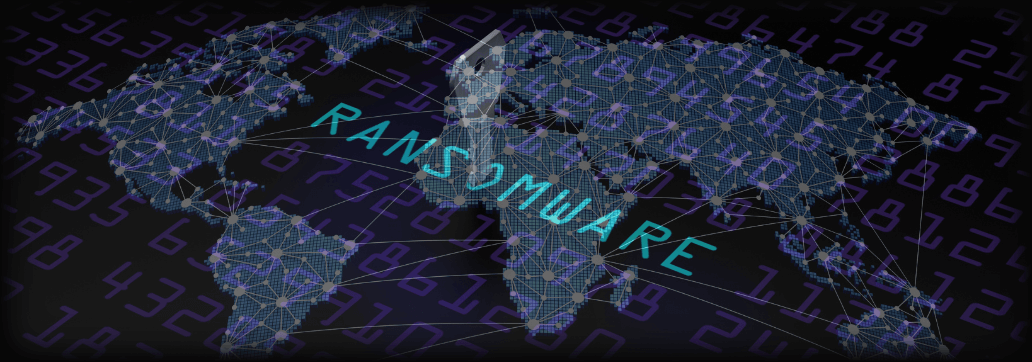Contents:
Jürgen Stock, the INTERPOL Secretary-General, urged Police Agencies and industry partners to work together in order to prevent a future ransomware pandemic.
The Surge of Ransomware Attacks Compared to a Pandemic
Jürgen Stock said that the best tactic that organizations can use to disrupt what seems to be a never-ending stream of ransomware attacks would be to simply adopt the same international collaboration strategy used when fighting organized crime and terrorism.
This call for an extended collaboration against ransomware was made as we are witnessing an exponential growth in the wider cybercrime ecosystem, with criminals shifting their business model and providing Ransomware-as-a-Service solutions.
As explained by my colleague Vladimir, RaaS or the Ransomware as a Service ‘business model relies on an aggregator – a person or a group that sells or rents malware to interested parties, which are called ‘ransomware operators.’ This aggregator, the RaaS operator, either purchases malicious items from peddlers or has an ‘in-house incubator.’
Despite the severity of their crimes, ransomware criminals are continuously adapting their tactics, operating free of borders and with near impunity.
Much like the pandemic it exploits, ransomware is evolving into different variants, delivering high financial profits to criminals.
Ransomware has become too large of a threat for any entity or sector to address alone; the magnitude of this challenge urgently demands united global action which INTERPOL can uniquely facilitate as a neutral and trusted global partner.
It’s quite clear that when working together the police forces are able to become more successful, as previous international operations that were coordinated by INTERPOL shown that police worldwide fighting crime together can lead to outstanding results.
Ransomware is emerging as the “Wild West” equivalent of digital space where anyone, at any point of time, can become a victim. Curbing ransomware demands collective efforts from all to improve cyber hygiene across sectors, to raise cost and risk to cybercriminals through disruptive efforts and to reduce payoff to the criminals.
The World Economic Forum Partnership, in close collaboration with INTERPOL, has been working to shape global architectures to support such collaboration and explore ways to encourage responsible measures by the leadership of victim organizations.
Project Gateway could be providing a framework that will facilitate the cooperation between the INTERPOL and private partners and has as a purpose the building of a global leadership framework able to mitigate the impact of ransomware by following a few steps.
- Prevent ransomware by raising awareness, partnerships, and information sharing.
- Aim for pre-exploit disruption of ransomware and its ecosystem through global law enforcement actions both reactively and proactively.
- Provide in-event emergency support against ransomware attacks with the use of INTERPOL’s global network and capabilities.
- Ensure post-event support following ransomware attacks to increase resilience, agility, and responsiveness.
In this collaborative way were made over 20.000 arrests and more than 150 million dollars existing in illicit funds were intercepted as part of Operation First Light.
INTERPOL also managed to coordinate a takedown of thousands of online marketplaces that were posing as legitimate pharmacies and were pushing dangerous fake and illicit drugs and medicine.
Another operation worth mentioning is operation HAECHI-I. This was also backed by INTERPOL, and in this way led to the interception of $83 million belonging to online financial crime victims.










 Network Security
Network Security
 Vulnerability Management
Vulnerability Management
 Privileged Access Management
Privileged Access Management  Endpoint Security
Endpoint Security
 Threat Hunting
Threat Hunting
 Unified Endpoint Management
Unified Endpoint Management
 Email & Collaboration Security
Email & Collaboration Security








